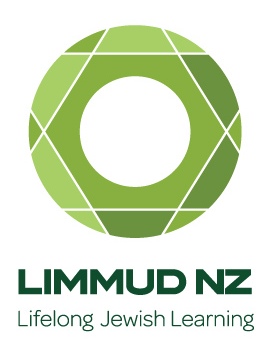
In November 2000, AIJAC, together with the Australian National University’s Freilich Foundation, co-sponsored the first conference in Australia on the potential danger of the nascent internet fuelling hate speech and empowering terrorist groups. What was then a potential concern has long since become a deadly reality.
In Christchurch, we have now seen yet another example of how hateful online extremism can foster horrific violence against innocent people. The world was rightly appalled by the white supremacist terrorist attack on March 15 against innocent Muslim worshippers in two different mosques during Friday prayers, resulting in 50 fatalities, with scores more seriously injured.
While most people and organisations swiftly and unequivocally condemned the atrocity and pledged sympathy and solidarity with its victims, their families, and the broader Muslim community, some, like independent Senator Fraser Anning, outrageously rationalised the attack with anti-Islam and anti-immigration rhetoric, while others politicised the moment to besmirch partisan opponents.
This heinous massacre and its aftermath recall many other terrorist attacks including the murder of 11 Jews at the Tree of Life Synagogue by a white supremacist in Pittsburgh last October.
The motivations in both these attacks revolved around the same conspiracy of “white genocide” or, as the Christchurch attacker dubbed his manifesto, “The Great Replacement,” in which immigrants, and especially Muslim immigrants, are viewed as an existential threat to some imagined “white collective.”





Speak Your Mind